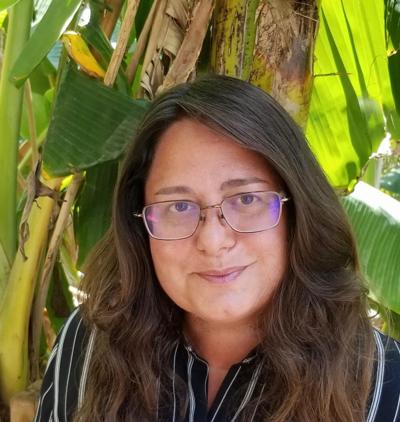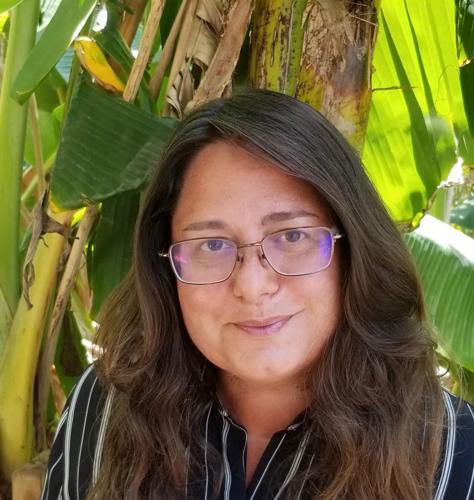In Louisiana, the Gulf of Mexico is crucial to our way of life, providing economic opportunities, recreation and natural beauty for all of us to enjoy. But rather than protecting this vital resource, a federal agency recently designated the Gulf as an “Aquaculture Opportunity Area” — opening our Gulf waters to the development of massive factory fish farms. This is in response to an executive order signed by President Donald Trump in May to push industrial fish farming forward nationwide, but particularly targeting the Gulf of Mexico as one of the first places.
These fish production facilities use large floating net cages that are open to the natural environment, so anything from inside the cages, like fish waste, excess fish feed and chemicals used to keep cages clean, or pharmaceuticals given to fish to address infestations or diseases, can spill directly into the Gulf. These can cause significant problems for both people and our planet.
Globally, offshore aquaculture has caused extensive environmental, socio-economic and public health problems. These impacts are varied and widespread, and oftentimes are not uncovered until years after damage is done. The United States should acknowledge and learn from these experiences. Several countries, like Canada, Argentina and Denmark, often considered international leaders in aquaculture, are now moving away from offshore factory facilities due to these serious impacts. Washington state knows firsthand about how bad offshore aquaculture can be. When more than 250,000 Atlantic salmon escaped their pens in 2018, stressing the state’s already depleted native salmon population, the state moved quickly to shut down non-native fish farming in open waters.
Our administration is forcing development of this outdated and unnecessary industry at a time when Louisiana is already working hard to combat pollution in the Gulf. Intensive finfish farming could increase existing concerns. Between a longtime dead zone that is finally shrinking, new coral die-off and recent algal blooms off Florida, it’s clear that our ecosystems already show signs of distress. Adding more pollutants will cause more harm.
Hurricanes and other storms like those that came through the Gulf this past week would pose serious threats to open water aquaculture facilities. Extreme weather can damage or destroy the net pens that hold the fish and any support facilities that might contain feed, pharmaceuticals or other materials. When these are damaged, farmed fish can escape en masse to outcompete wild fish for habitat, food and mates, and spread diseases to marine life far beyond the pen.
Proponents of industrial aquaculture have promised a big economic boost to the states, which explains the shiny “opportunity area” moniker. However, just like factory farms on land, and other big ocean industries, these ocean fish farms are likely to be run by corporations that are often allowed to sidestep public environmental, health and safety concerns for private profit. They will push out small-scale and responsible seafood producers who have already been hit hard by the COVID-19 crisis and the resulting decline in demand for fish.
Given these concerns for Louisiana and other Gulf states, our communities deserve a fair hearing. But facilities are already looming in the Gulf that could set the stage for unprecedented development. The Velella Epsilon aquaculture project would establish the first operation of its kind in the Gulf, just off the coast of Florida, where residents have raised serious concerns about the impacts on the region’s ecosystem and tourism.
Just as worrisome, the Army Corps of Engineers is taking action to avoid a fair and thorough process for permitting these facilities. Rather than reviewing each application separately, a new “national permit” would allow facilities all around the U.S. to sprout up with limited public input. This action to “streamline” permitting blocks meaningful and smart discussion on the potential ecological and economic risks of each new facility.
The good news is that it’s not too late to protect Louisiana’s waters, fisheries and coastal communities. We can demand legislators take action to keep industrial aquaculture out of the Gulf. Our political leaders should instead be focusing on options that provide a real pathway to economic opportunity for Louisiana communities, while protecting the natural resources we rely on for health, wealth and enjoyment.
Marianne Cufone, director of Loyola University's Environmental Law Program, is a member of the Don’t Cage Our Ocean coalition.


